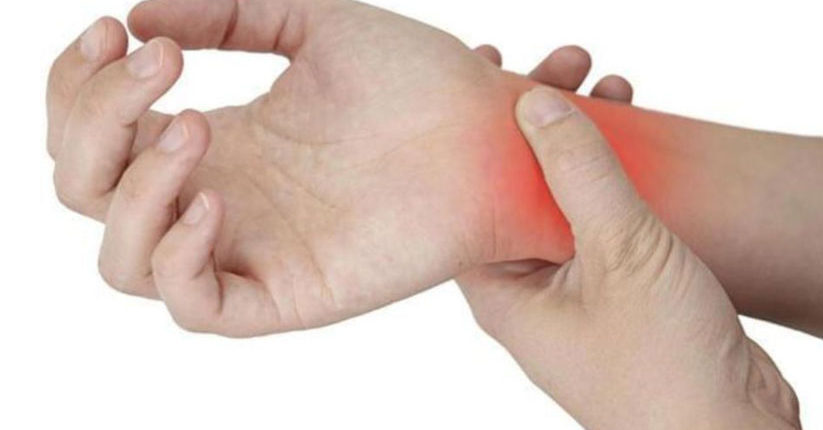Carpal tunnel syndrome is a common condition that causes pain, numbness, and tingling in the hand and arm. The condition occurs when one of the main nerves in the hand – the median nerve – becomes pinched or compressed as it passes through the wrist.
In most patients, carpal tunnel syndrome worsens over time, so early diagnosis and treatment is important. Initially, symptoms can often be relieved with simple measures such as wearing a wrist splint or avoiding certain activities.
However, if pressure on the median nerve continues, it can lead to nerve damage and worsening symptoms. To prevent permanent damage, surgery to relieve pressure from the median nerve may be recommended for some patients.
Carpal Tunnel Syndrome Symptoms
Symptoms of carpal tunnel syndrome may include:
Numbness, tingling, burning and pain – primarily in the thumb and index finger, middle and ring fingers
- Occasional shock-like sensations radiating to the thumb and index, middle, and ring fingers
- Pain or tingling that may radiate down the forearm towards the shoulder
- Weakness and clumsiness in the hand – this can make it difficult to perform fine movements, such as buttoning your clothes
- Due to weakness, numbness, or loss of proprioception (awareness of where your hand is in space)
In most cases, symptoms of carpal tunnel syndrome begin gradually, without any specific injury. Many patients find that their symptoms come and go. However, as the condition worsens, symptoms may occur more frequently or persist for longer periods of time.
Night symptoms are very common. Since many people sleep with their wrist bent, the symptoms may wake you up. During the day, symptoms occur when the wrist is bent forward or backward, such as when holding something for long periods of time, using a phone, driving, or reading a book.
Many patients find that moving or shaking their hands helps relieve their symptoms.
Surgical Treatment of Carpal Tunnel Syndrome
If nonsurgical treatment does not relieve your symptoms after some time, your doctor may recommend surgery.
The decision whether to have surgery depends on the severity of your symptoms – how much pain and numbness you are experiencing in your hand. In long-standing cases where there is constant numbness and wasting of your thumb muscles, surgery may be recommended to prevent irreversible damage.






